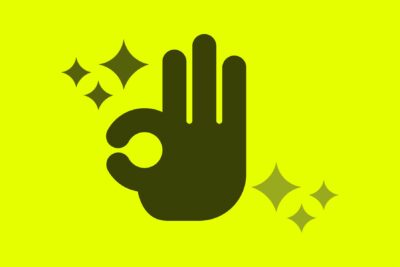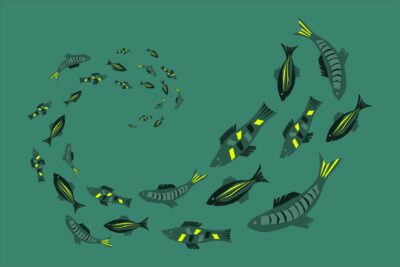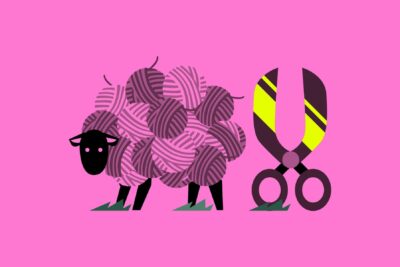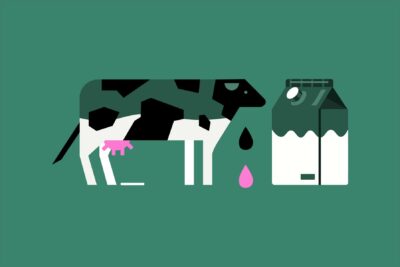This is true. Our world has been built on the exploitation of weaker and more vulnerable beings for so long that it is hard to disentangle all the ways in which animals are harmed from the food system. Two common areas of concern are that waste from animal farms is used as fertilizer for crops, and that wild animals die in the production of vegan foods. Let’s take each of those in turn.
Historically, the small amounts of manure produced would be used on the same farm to grow vegetables and other crops. It helped to improve the soil and was a good way to recycle nutrients. Today, with billions of animals incarcerated inside factory farms, there is a gargantuan amount of slurry produced, and far too much to spread on the land. It gets stored in tanks, from which it leaks out or is deliberately discharged, and it gets into the waterways where it destroys aquatic life. It gets into the air and causes respiratory problems in people who live and work nearby. And yes, a lot is still used as a fertilizer to boost crop production, but we don’t really need it.
There are sustainable and productive methods available for animal-free food production which maintain soil fertility using vegetable compost, green manures, crop rotation, mulching, and other sustainable, ecological methods. With so much pressure on our planet from the poor decisions we have made in the past, farming with nature rather than against it, is becoming increasingly vital.
Rick Haney from the USDA’s Agricultural Research Service in Texas talks about the dangers of using animal manure and chemical fertilizers to pursue ever-greater crop yields. He says that decades of agricultural abuse have taken their toll, depleting the soil of essential nutrients, and killing off bacteria and fungi that create organic material essential to plants.
This is where veganism comes in. We can stop pushing the soil to its limits if we all eat plant foods. This is because it takes a lot less land to grow plant foods than it does to create animal products, and so we would not need to demand anywhere near as much from every hectare of land. We can take the pressure off our soil, use natural methods, composts and manures, and we can live much more harmoniously with the natural world, while still producing sufficient food. There are farms already working this way, and as the crisis in our soil increases, these will become increasingly common. The demand for veganic food will also help drive this positive change.
Onto the second point, that some animals die accidentally during crop harvesting, while others are killed deliberately by farmers to protect crops. We may not like it, but this is the reality of modern commercial farming, and we all have to eat something. Even with these deaths, veganism causes less suffering to wild animals than meat production because more than one-third of all crops are fed to farmed animals. If we switch to eating only plants, we need fewer crops, not more, and so we reduce the number of deaths of wild animals (while also, of course, sparing the lives of farmed animals). Plus, as we’d need less land, it could be returned to nature, which would help reverse the biodiversity freefall that is happening all over the world. Given that 60 percent of global biodiversity loss is down to meat-based diets, a switch to plant-based would be great news for wild animals.
And we keep in mind that the relatively small number of animals dying in crop production is completely dwarfed by the scale of suffering inside factory farms and slaughterhouses. Billions of sentient beings are caged or crated, suffer lameness, pressure sores, broken bones, infections, and disease, and are then trucked for days on end to slaughter. Billions never breathe fresh air or get to walk on the Earth. They are forcibly impregnated, only to endure the loss of their young as they are taken away from them. Such deliberately inflicted psychological and physical suffering is both unnecessary and unjustifiable.
Veganism may not be perfect, but it is by far the best way to protect animals and our planet.



